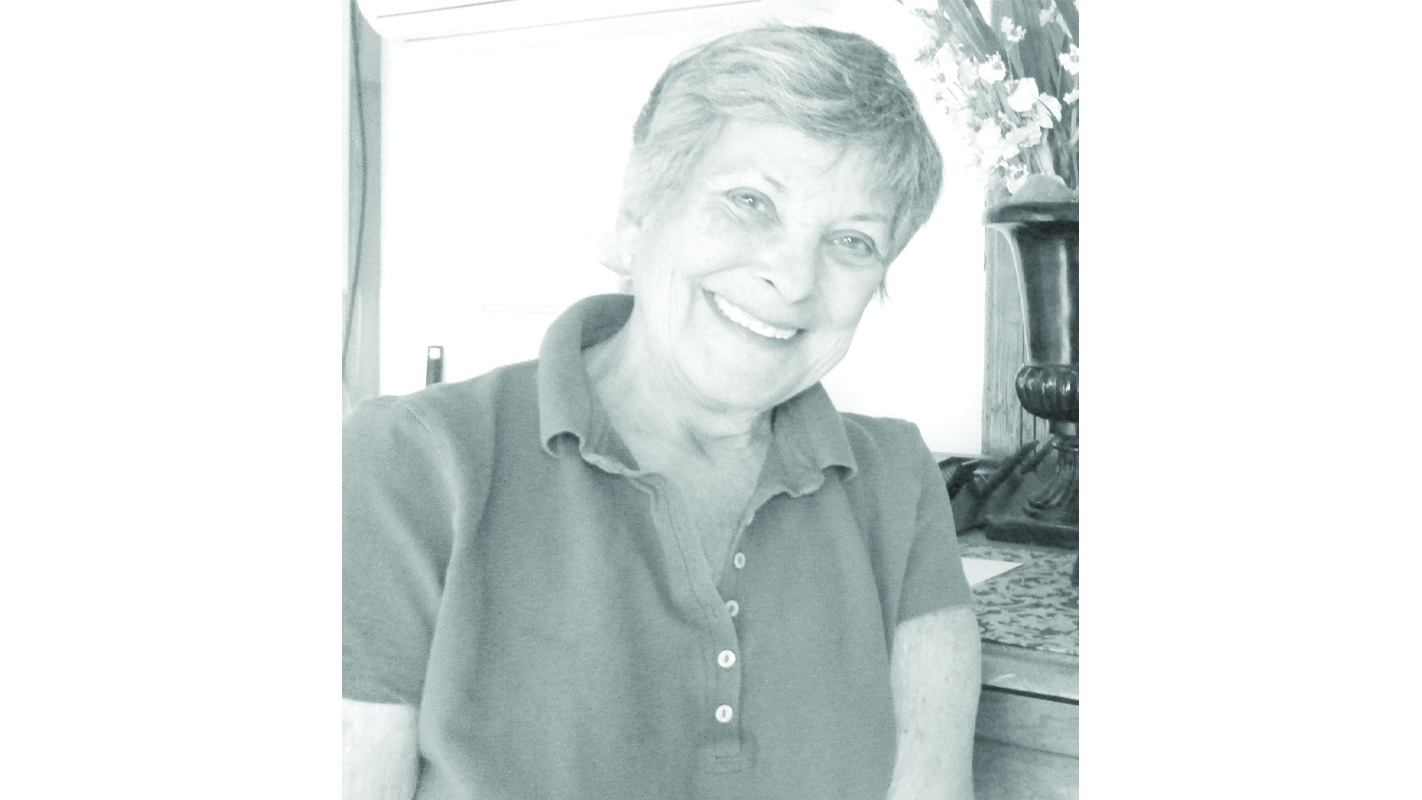By Dian Cohen
“The decisions your government makes right now will define the future your kids and grandkids will grow up in,” Prime Minister Trudeau said as he announced that we will vote for a new government on Sept. 20.
Not all statements made by politicians are as true as this one. The question confronting us is, “How do we decide and then tell our politicians how we want them to behave and what we want them to spend our money on?”
You have the next 36 days to think seriously about what kind of country you want to live in with your kids and grandkids. Politicians will be in your face every day until then. After that, unless it’s another minority government, the die will be cast for the next four years.
According to the Canadian Index of Well Being at the University of Waterloo, Canadian values include: fairness, inclusion, economic security, safety, sustainability, diversity and equity. According to the Angus Reid Institute, we are divided on issues of respect, fairness, national pride and hope for the future. Whatever kind of society you wish for, it comes with both benefits and costs.
Everything in the April budget is now on the table – the $101 billion of new spending to get Canada onto a stable post-pandemic economic recovery, the $30 billion just announced for $10-a-day childcare in the rest of Canada, the $1 billion for rural communities to have high-speed internet. None of this is very controversial and I suspect most Canadians are okay with it. Ditto the $62 billion that the feds pay out for Old Age Security for seniors and the Guaranteed Income Supplement for lower income Canadians. Ditto the $43 billion the feds transfer to the provinces for healthcare. What about the $23 billion that goes to national defense? It’s described as a continuation of Canada’s 2017 “Strong, Secure, Engaged (SSE)” defence policy with no indication that it will reorient strategy towards the Asia-Pacific as the US and America’s other allies have done. How about the $354 billion deficit and the $1 trillion debt – how do you want these to be resolved?
No point in throwing up your hands and letting someone else decide. These issues are going to be addressed whether you vote or not. When M. Trudeau came to power in 2015, he raised taxes for people earning more than $200,000 in order to pay for the perks he proposed for middle-income earners. At some point in the future, taxes will be raised to pay for some of the perks in the April 2021 budget, if the Liberals come back to power. The Conservatives will have to deal with debt and deficits too, even as they now tell us, “We don’t want more of the same.”
There are some very easy pickings for the new government to look at. Billions of dollars of untapped revenue lie in the principal residence of the 7 million Canadian families who own their own home and are exempt from paying capital gains taxes on it.
Fifteen million Canadians have opened a Tax-free savings account (TFSA). They have a collective $300 billion in them. That money is accessible without having to pay any tax on it. The legislation that created TFSAs can be changed to make them taxable.
Capital gains tax on investments outside of an RRSP or other registered accounts has been changed many times: when it was introduced in the early 1970s, 50 per cent of the capital gain from an investment was taxable at the investor’s marginal tax rate. In 1988, the Conservatives raised the capital gains rate to 66 per cent and in 1990 to 75 per cent. In 2000, the Liberals lowered it to 50 per cent.
And of course, any increase in marginal tax rates will increase the taxes paid by retirees on the income they receive from their Registered Retirement Income Funds (RRIFs).
I’m not suggesting that these things will happen – I’m suggesting only that when governments need to find money, they have a lot of places to look. And none of us should ever forget that while we are mostly the beneficiaries of social and other programs devised by what politicians think will get or keep them in power, we are always the ones who pay the bills.
Take all stories with a pinch or more of salt.
Dian Cohen is an economist and a founding organizer of the Massawippi Valley Foundation.
Cohendian560@gmail.com






